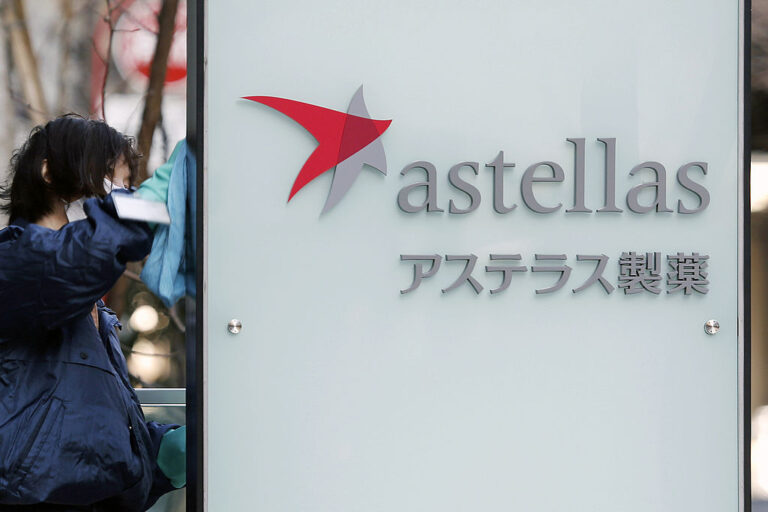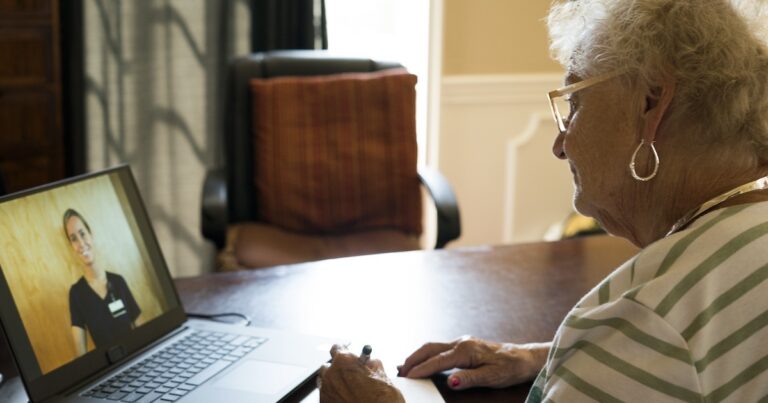
Pregnancy and postpartum care startup Ruth Health is closing its business after reflecting “on challenges ahead in a fragmented maternity care space where [it] failed to find scalable product market fit,” the company’s CEO said.
Ruth offered virtual pelvic floor physical therapy and lactation support, which could be accessed during pregnancy and after birth, as well as C-section recovery, which included abdominal and pelvic floor training.
“My deepest gratitude to you for your unwavering support, belief in our mission, and commitment to maternal health. Together, we supported women, built critical tools, and created meaningful change in the lives of thousands of mothers, babies, and family members who trusted us with their journey,” Alison Greenberg, cofounder and CEO of Ruth Health, wrote in a post.
Greenberg provided insights to other startups on what she learned while heading Ruth, stating the best investors, team members and customers were those who affirmed their interest in the company in weeks, not months.
She also relayed the importance of learning from one’s peers and never letting off the gas when it comes to selling.
“Layoffs are awful. Seeking acquisition is humbling. Selling your baby for parts gets demoralizing. The checklist for a wind-down is long,” Greenberg wrote.
“Everyone loves to hear about a startup, but you rarely hear about where they end up. Happy to share deeper learnings here with individuals, but hold tight to your morals and err on the side of maximum transparency with everyone involved.”
THE LARGER TREND
In 2022, the women’s health company raised $2.4 million in seed funding round, bringing its total raise to $3.1 million.
Other CEOs have released heartfelt messages and insights following the closing of a company, including Corey McCann, CEO of Boston-based company Pear Therapeutics, which filed for bankruptcy last year.
“Today is a difficult day for Pear Therapeutics. We announced that Pear voluntarily filed for Chapter 11 and will seek to sell assets through a sales process. We also announced a reduction in force, including me. This is certainly not the outcome I envisioned when I founded Pear in 2013,” McCann said in a post.
He thanked Pear’s workforce, stating they accomplished a lot together, including bringing the first prescription digital therapeutic to market.
“We’ve shown that clinicians will readily prescribe PDTs. We’ve shown that patients will engage with the products. We’ve shown that our products can improve clinical outcomes. We’ve shown that our products can save payors money. Most importantly, we’ve shown that our products can truly help patients and their clinicians,” McCann wrote. “Here’s to the future of digital medicine that we’ve worked so hard to create.”
Founder and CEO of London-based multinational digital health firm Babylon, Ali Parsa, provided his insight last year on LinkedIn months after Babylon sold all of its U.K. assets to digital health company eMed Healthcare U.K., a subsidiary of U.S. company eMed.
“Remember … You can’t find success if you’re not willing to fail first. The problem with failing isn’t the failure itself but rather the stigma attached to it. Failing is only negative if viewed as such. Failure isn’t the opposite of success – it’s a pathway to success. It’s an opportunity to learn. So the next time you ‘fail,’ embrace it because you’re getting one step closer to achieving your goals,” Parsa said in a post.
Last week, Parsa announced the launch of his new company, Quadrivia AI, which will offer clinicians an AI assistant to help with administrative and clinical tasks.






